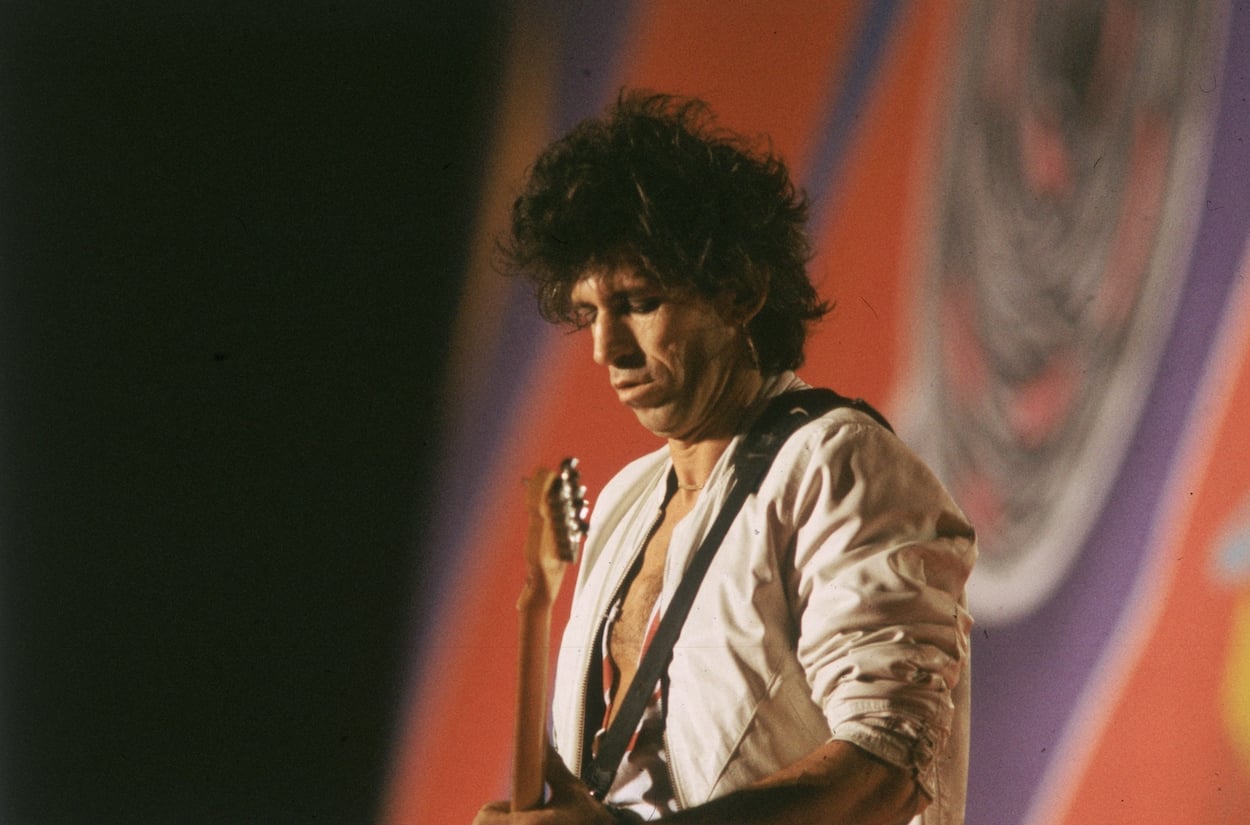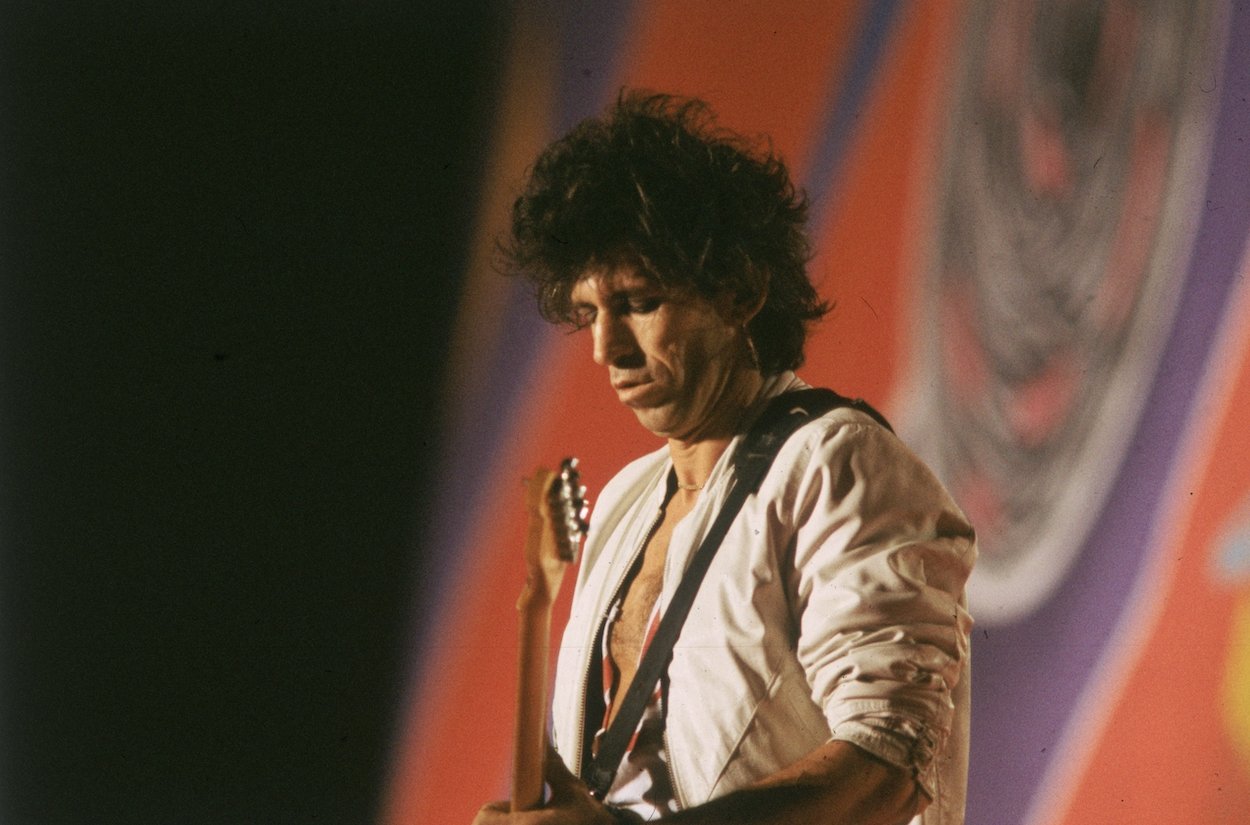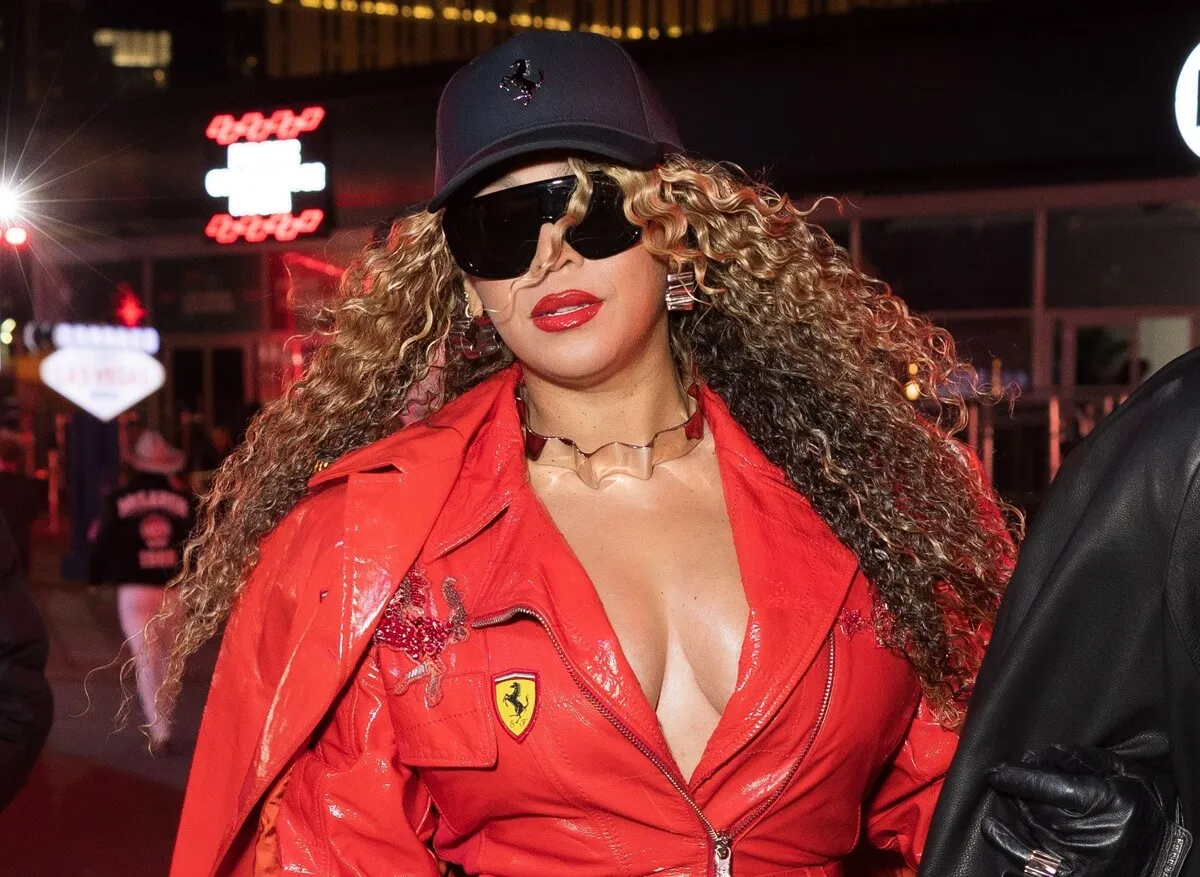
Keith Richards Once Said The Rolling Stones “Seemed to Be Ahead” of the Trend When They Wrote ‘Paint It Black’
The Rolling Stones reached one of their many highs in 1966. They had “Get Off My Cloud” and “(I Can’t Get no) Satisfaction” top the charts in the back half of 1965. A year later, and The Rolling Stones saw “Paint It Black” hit No. 1 and become one of the band’s top Billboard hits. Stones guitarist Keith Richards once admitted the song started as a joke, but he also said “Paint It Black” was ahead of its time in one way.

‘Paint It Black’ was the first single from the first Rolling Stones album that contained only originals
The Rolling Stones released some of their best work years later, but Aftermath was a notable highlight in one major way: It was the first album where the Stones wrote all the songs. Up until then, the band’s albums liberally mixed covers with originals.
“Paint It Black” was Aftermath’s lead single, and with it, The Rolling Stones spent two consecutive weeks on top of the Billboard Hot 100 chart. Pretty impressive for a song that Keith Richards said started as a joke toward the Stones’ first manager.
The recorded version developed quite a bit to include a simple beat, moody tone, and elements of Eastern music. It might have started as a joke, but Richards also said “Paint It Black” was ahead of its time when it came out in 1966.
Keith Richards said ‘Paint It Black’ was “cynical, nasty, skeptical, and rude” before other bands were
The Rolling Stones have spent the better part of their 60 years as a band touring almost non-stop. That included a disastrous December 1969 concert at Altamont Speedway in California. Four people died, including one stabbed by the Hell’s Angels when he attempted to climb on stage. It was one of the most tragic concerts ever and a dark end to a decade defined by peace and love.
But The Rolling Stones seemed to be ahead of the trend with “Paint It Black.” The band seemingly predicted darkness, doubt, and nastiness years ahead of it actually arriving at the end of the 1960s, as Richards once said, per Far Out magazine:
“Cynical, nasty, skeptical, rude. We seemed to be ahead in this respect at the time. There was trouble in America; all these young American kids, they were being drafted to Vietnam.”
Keith Richard described The Rolling Stones’ hit “Paint It Black”
With lines such as, “I see a line of cars / And they’re all painted black / With flowers and my love / Both never to come back,” and “ I look inside myself / And see my heart is black / I see my red door / I must have it painted black,” the 1966 hit predates the nihilism that arrived in the 1970s.
Whether Mick Jagger intended to drop a bomb of negativity or not, Richards pointed to “Paint It Black” as the first salvo of a cynical decade years before it started.
What did Paul McCartney think of The Rolling Stones when he was with The Beatles?
As the two biggest bands in England in the 1960s, many fans pitted The Rolling Stones and The Beatles as rivals, but that wasn’t the reality.
Paul McCartney and John Lennon gave the Stones “I Wanna Be Your Man,” which was one of their first hit songs. Later, the Fab Four invited former Stones guitarist Brian Jones to play on one of their last singles (which hit shelves after Jones died).
The goodwill went both ways. Jagger had a strong reaction when he heard “Hey Jude” for the first time. And there’s a chance Jagger might have sung on a Beatles song as the two bands shared a recording session in 1967.
Some elements of a rivalry remain, though. It wasn’t all that long ago that McCartney said The Beatles were better than the Stones. Still, the Fab Four never quite telegraphed a decade of discontent quite like Richards and The Rolling Stones did with “Paint It Black.”
For more on the entertainment world and exclusive interviews, subscribe to Showbiz Cheat Sheet’s YouTube channel.


